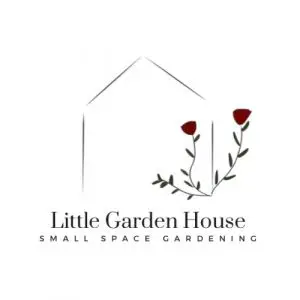As a gardener there are many skills needed to grow successful and healthy plants. When it comes to growing food, the following 5 essential skills will help you to produce nutritious and healthy food in your garden.
As a new gardener, try to develop the following 5 skills: starting seeds, hardening off plants, understanding soil nutrition, efficient watering and crop rotation. These 5 skills will allow you to get the most out of your vegetable garden, adapt to local conditions and maximize your food production.
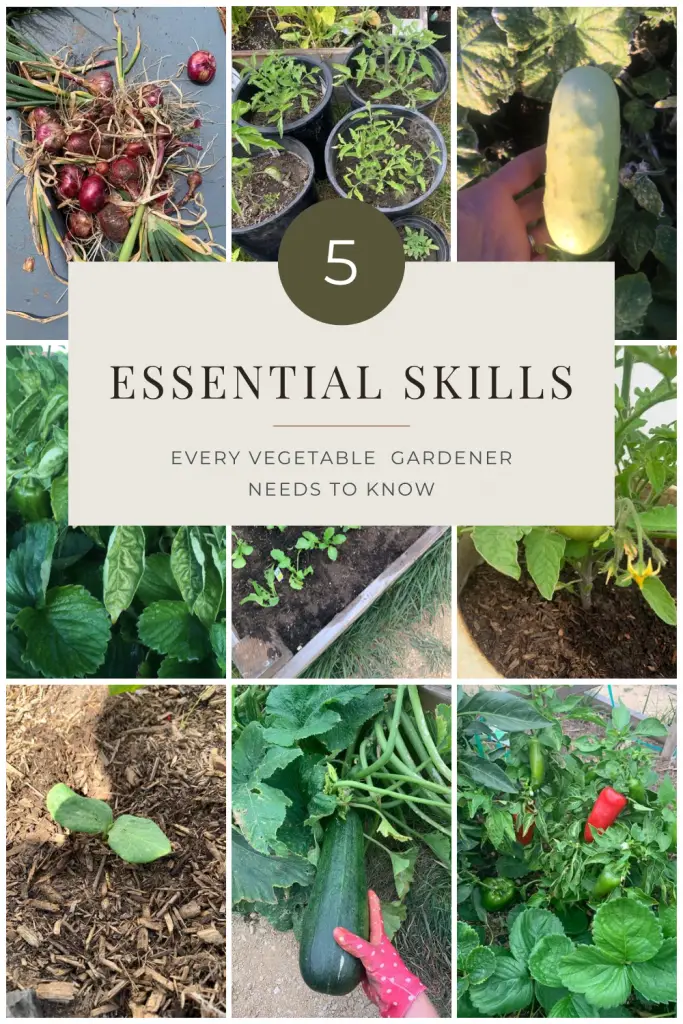
1. Starting seeds the right way
The key things to know when starting seeds are…
- Choose high quality seeds. We recommend ordering seeds online from a good source for the best results. Many nurseries also have great seed options. Beware old seed packets that have been sitting on shelves or in hot or damp conditions. You can collect your own seeds, see our guide on collecting seeds from kitchen scraps. Or purchase seeds online for an amazing selection of vegetables.
- Have a warm sunny location to start seeds. And a warm dark location for those seeds that require it. Once you know what vegetables you want to grow, read the seed packets and plan accordingly.
- Choose a fine soil with very little organic matter and some water retention. Your seeds will need moisture and to spread their roots. It’s a baby plant, so give it the easiest most friendly start you can offer. Don’t make it a struggle to survive. Soft easy soil that holds moisture is best.
- Don’t put too many seeds in one tray or pot. It might be tempting to dump the seed packet on the soil to increase your odds of germination, but in fact too many seeds will reduce the chance of success. Over competition for light, water and food as well as the additional damage of thinning later on will all hinder your process. Follow the directions on the packet for the best results.
- Plant outside for vegetables that have the option. If you were given the option between inside and outside seating choose outside unless you live in a very cold area. The reason for this is that you will be giving your plants the best start possible without having to transplant them and risk of dying in the process. Great vegetables to start outside include onions, carrots, potatoes and pumpkins.
2. How to harden off plants
Two weeks before you plan to plant your vegetables outside, you need to gradually harden off your seedlings by gradually exposing them to the elements.
- Find a warm space in your garden that is protected from the wind, and with indirect sunlight. Direct sunlight could burn your young plants.
- Once your seedlings are ready to harden off, put them outside during the day, starting at one hour and gradually increasing to where they can be outside during the day and brought in at night.
- Gradually increase this time over the space of the two weeks.
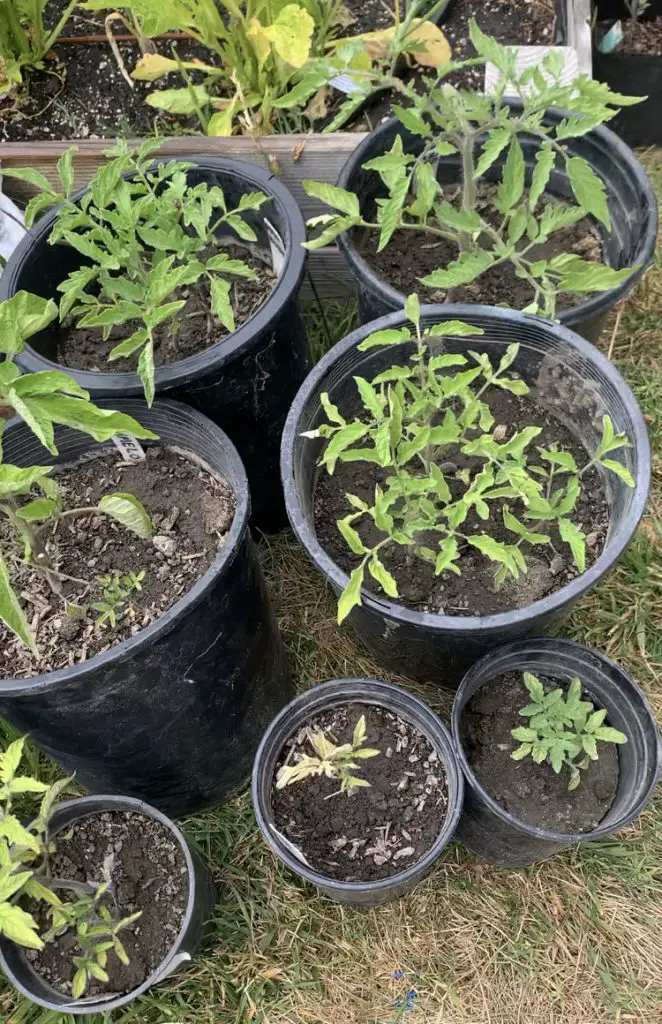
3. Understanding soil nutrients and how to optimize your soil
The nutrients in soil are as important to your plants as your food nutrition is to you. Having a good understanding of what nutrients your soil has and which are lacking in your soil is key to having a successful vegetable garden. Below are some key points to know.
The first step for any gardener in a new space is to test your soil. You can get a simple soil testing kit from most hardware stores or online. Take note of what nutrients are available and what might be lacking.
Which soil nutrients do my plants need and why
There are several considerations to take into account when adding nutrition to your soil. You want to understand which nutrients are important to the vegetables you are growing and at which times they are needed.
- Nitrogen is important for the growth of any plant, it is often found through organic matter in soil such or any organic matter rotting into the ground. Composted manure contains lots of nitrogen.
- Magnesium is crucial for photosynthesis. Epsom salts can be added to soils to increase magnesium.
- Calcium is important for root growth, and is therefore very useful for root vegetables. Adding eggshells to your compost can increase calcium.
- Phosphorus is important for root growth in your plants and helps with photosynthesis. Manure can be high in phosphorus.
- Potassium is important for the development of fruit, disease resistance and growth. What Ash contains both phosphorus and potassium. You can add it to your soil after it has completely cooled. Banana peels are all so high in potassium and can be added to your compost.
Compost or fertilizer?
When it comes to whether to use compost or fertilizer in your vegetable garden. We would recommend using both.
Ideally, you would be able to start composting if you have the space or a small compost bin. You can use a Tupperware tub to collect food scraps in the kitchen. Using the information above on where to get certain nutrients you can tweak your homemade compost to fulfill the needs of your soil.
We would then recommend purchasing high-quality plant foods that meet the needs of the vegetables that you are planting.
4. Efficient watering techniques
Having an efficient watering method and schedule is crucial for both saving water and getting the most out of your vegetable crops.
- Water in the morning to reduce water evaporation and chance of developing mildew
- Water at the base of the plant, this will help avoid disease or mildew forming
- Try not to splash the plant with soil, if necessary reduce the water pressure as you water.
- Sprinkle your soil with organic fertilizer before watering, or if using liquid food and a watering can, mix it in.
- If watering containers, water until the water runs out of the bottom of the container.
- Research the water needs of the vegetables you grow, some vegetables need more water, such as squash.
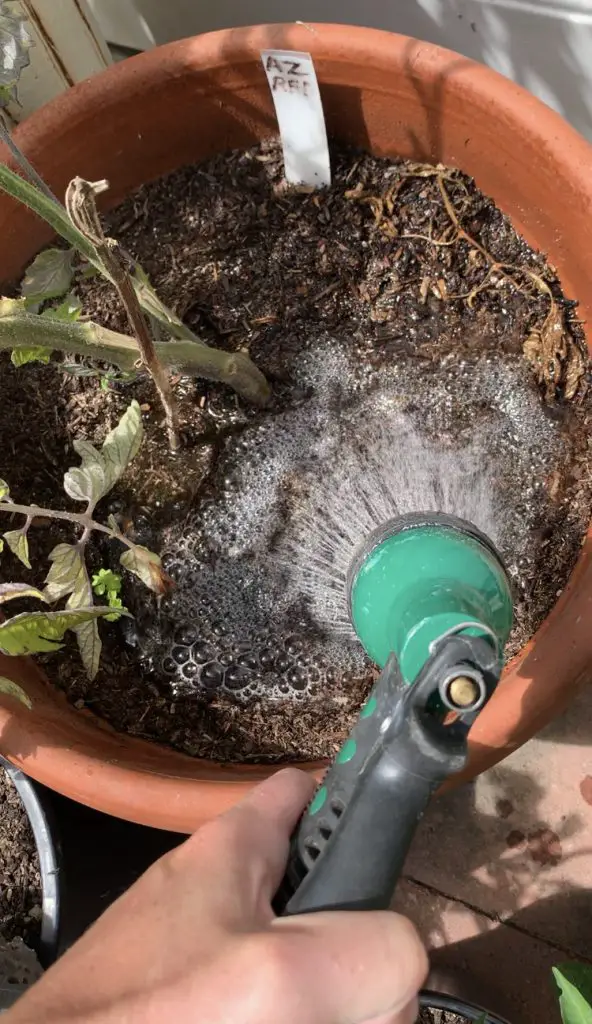
If you are growing your vegetables in containers, check out our guide on how to stop pots from drying out to water less and keep your plants hydrated.
5. Crop Rotation
Crop rotation is a process of ‘rotating’ the type of crops grown in a patch of soil in order to balance the effects of the prior plant on the soil, and also provide benefits to the next plant.
Implementing crop rotation can help you to reduce pests, weeds and disease, improve your soil nutrients and improve the overall health of your vegetable garden.
The basic concept is to follow a plant with one that needs the nutrients that the last plant left behind. Most vegetables use up nutrients in the
- Plants that increase Nitrogen in the soil. These corps build up and enrich the soil.
- Beans
- Peas
- Alfalfa
- Plants that need lots of Nitrogen, and reduce weeds fungi and insects by releasing biotoxic compounds into the soil (UMass, 2013). Heavy feeders, add lots of compost for these crops.
- Leafy Greens
- Brassicas
- Beets
- Plants needing general nutrients
- Tomatoes
- Peppers
- Squash
- Potatoes
- Plants needing less nutrients
- Root vegetables
- Onion Family
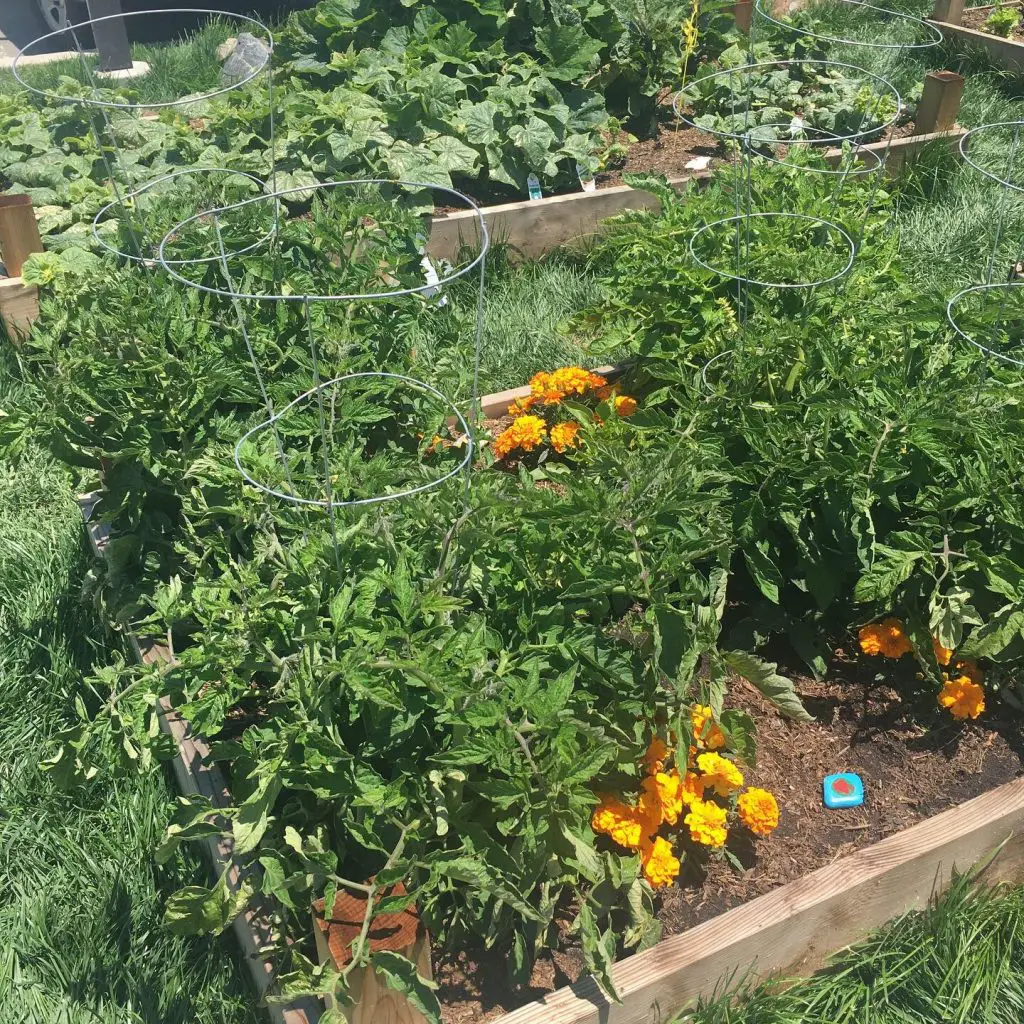
Final Thoughts
Mastering these five skills will allow you to grow healthy organic and productive vegetables right in your own garden. No matter the size of your plot, you can grow vegetables too! Check out ‘How to start a vegetable garden‘ to learn how to get started creating your garden.
